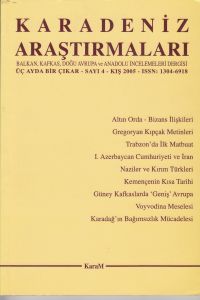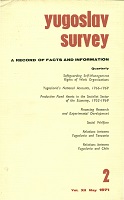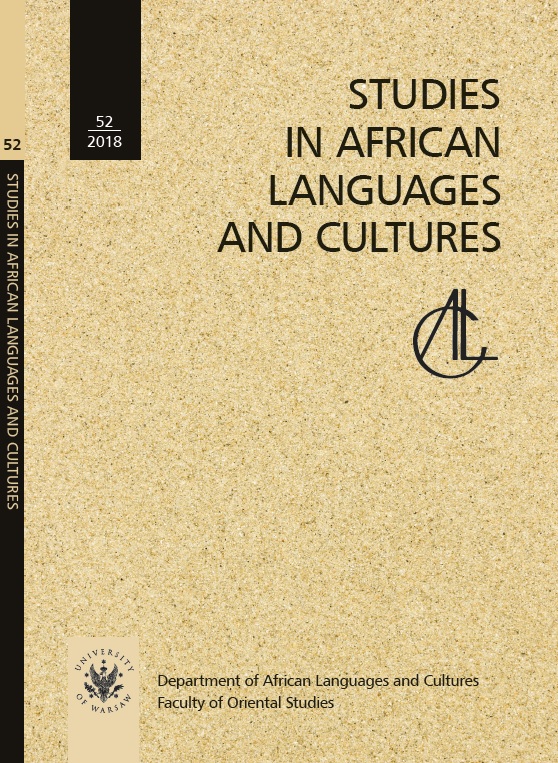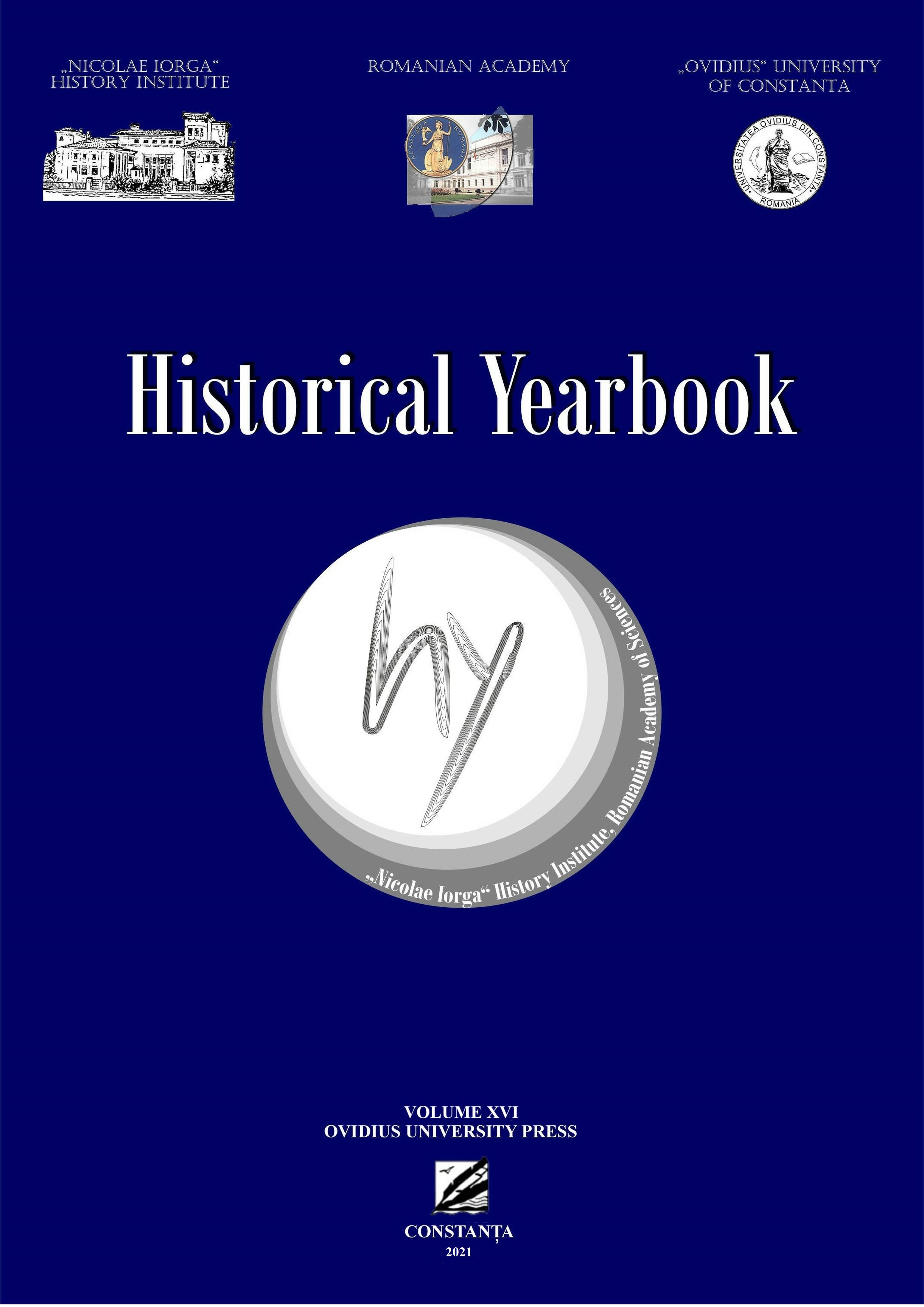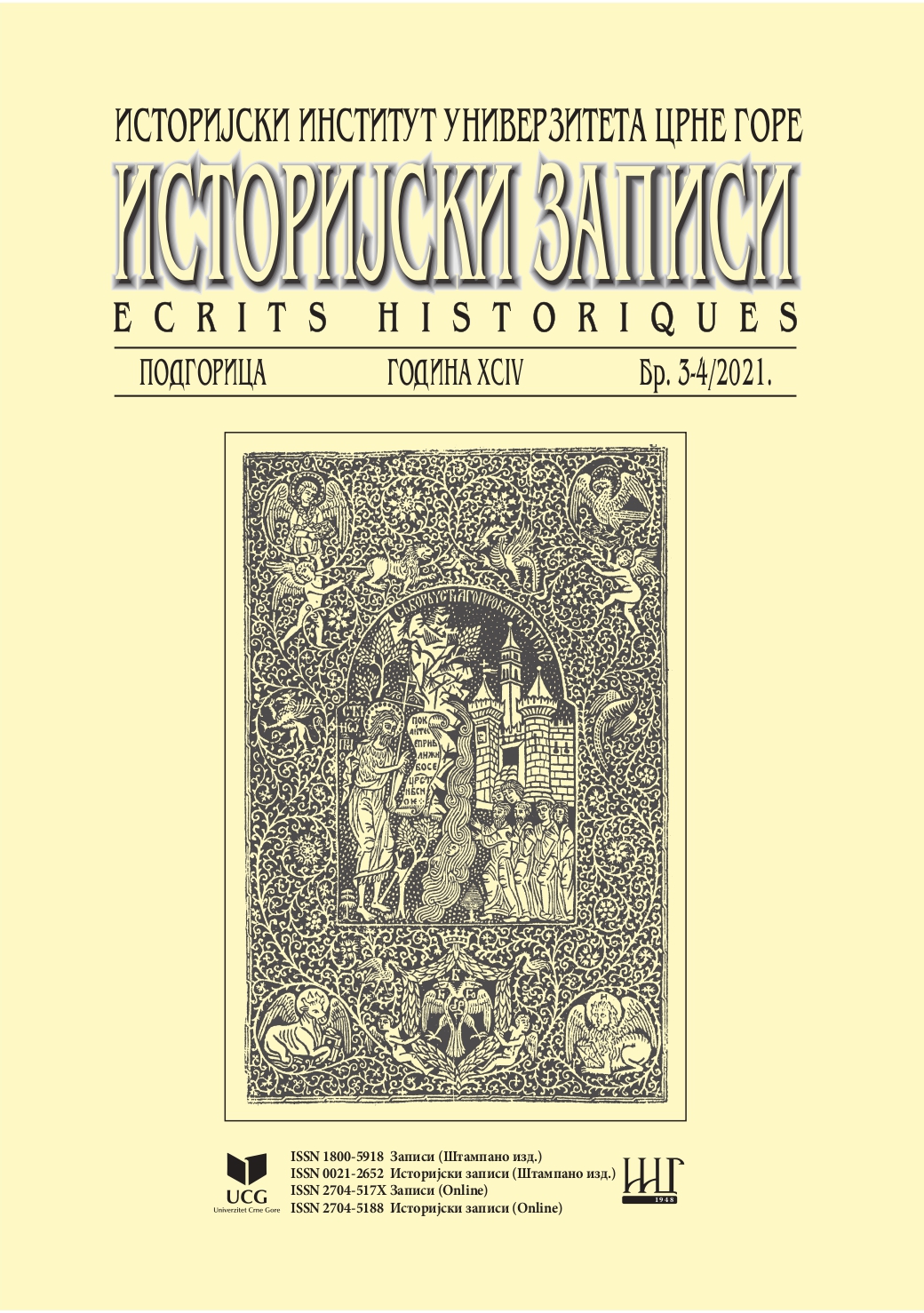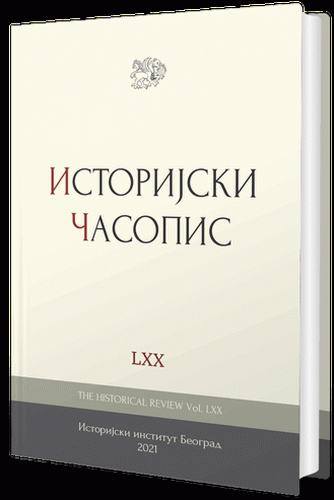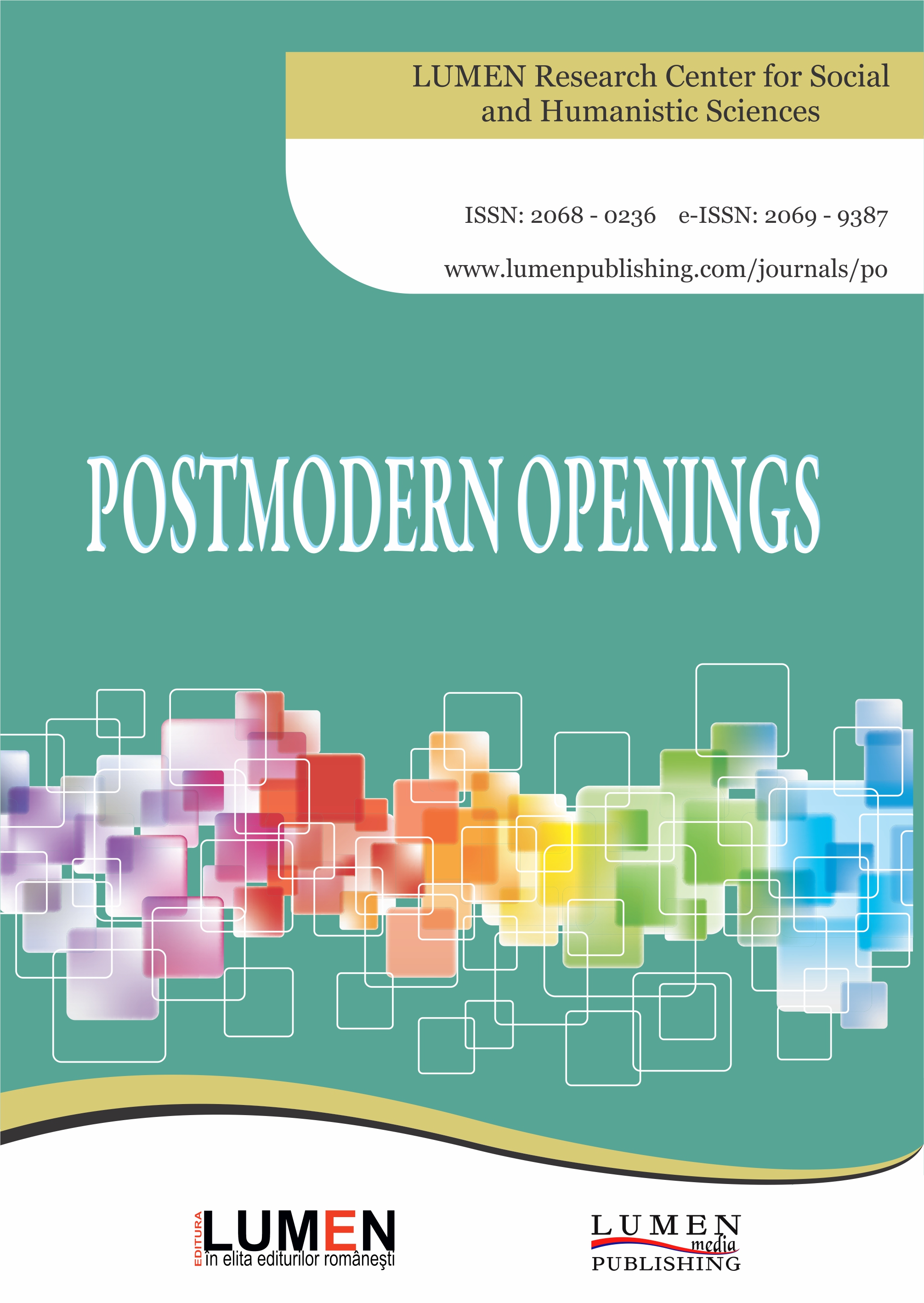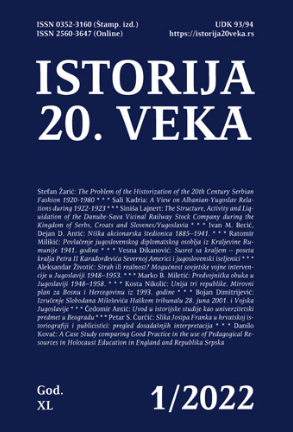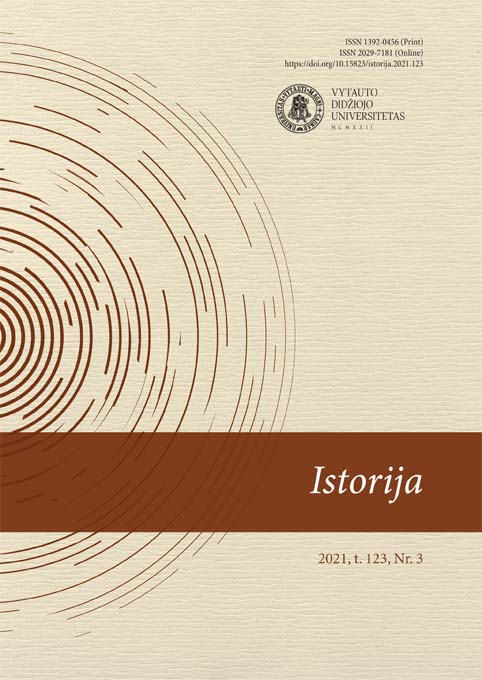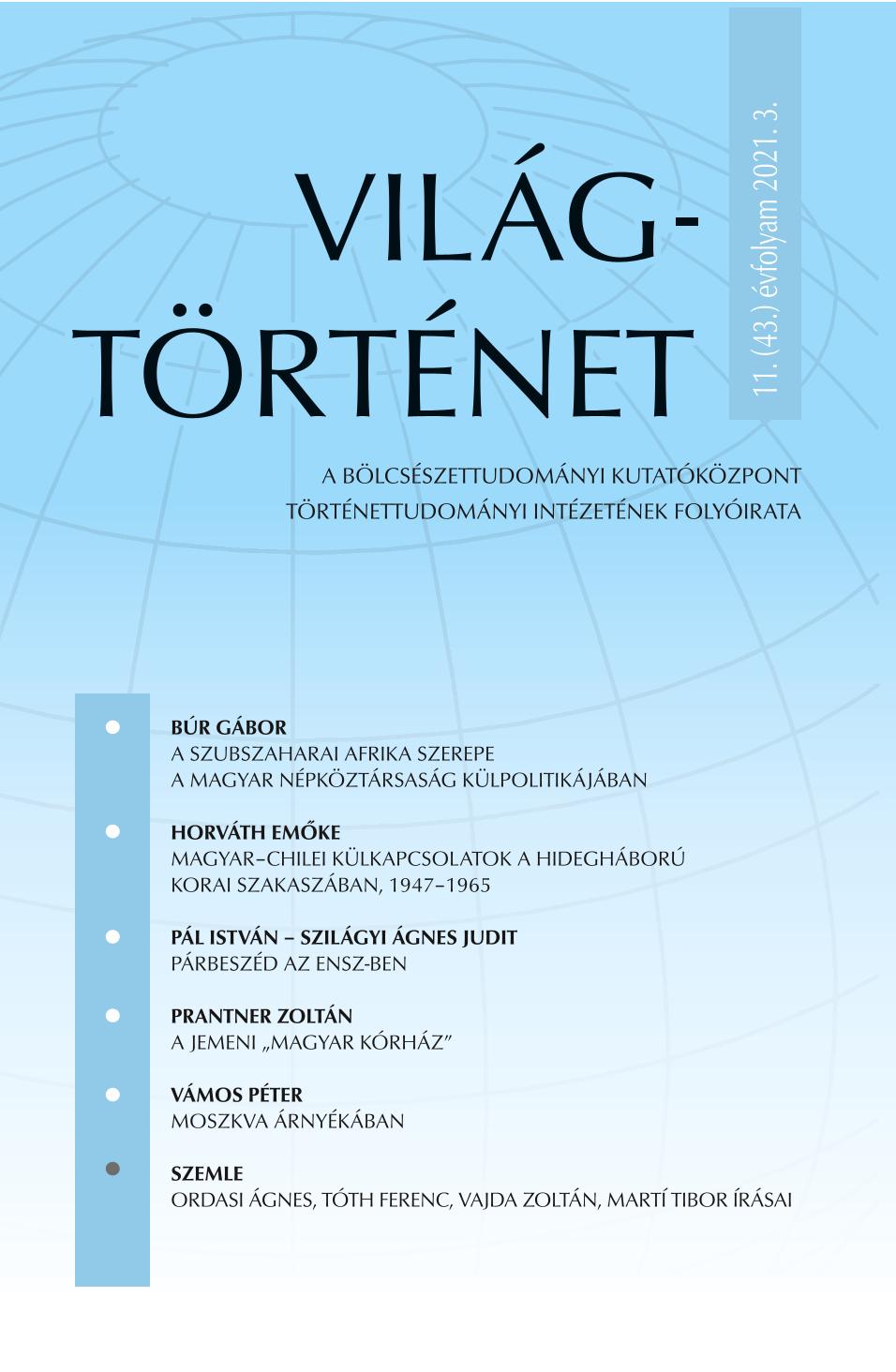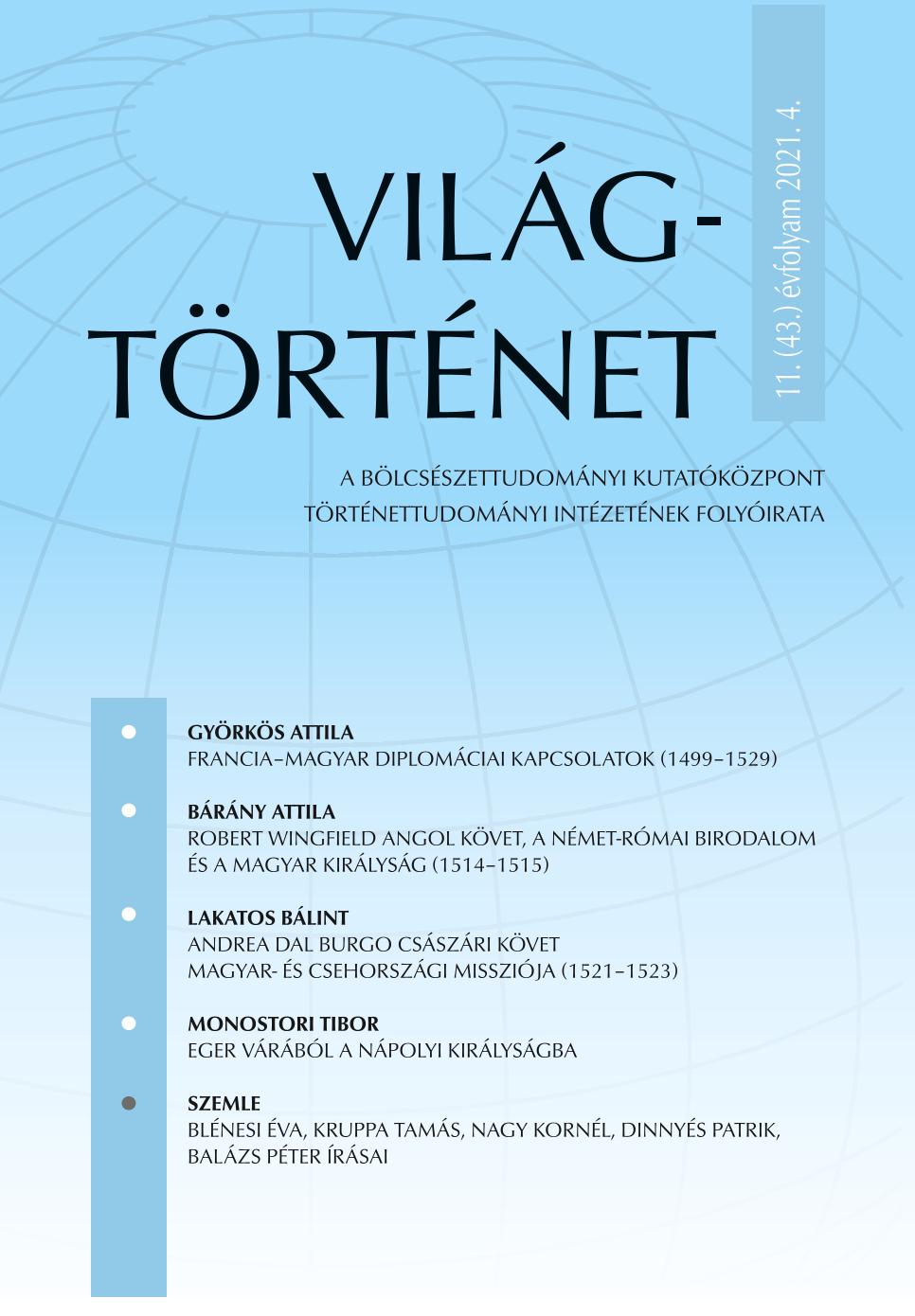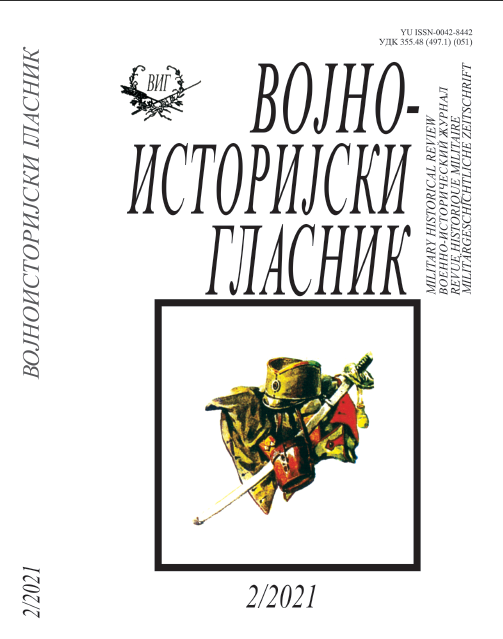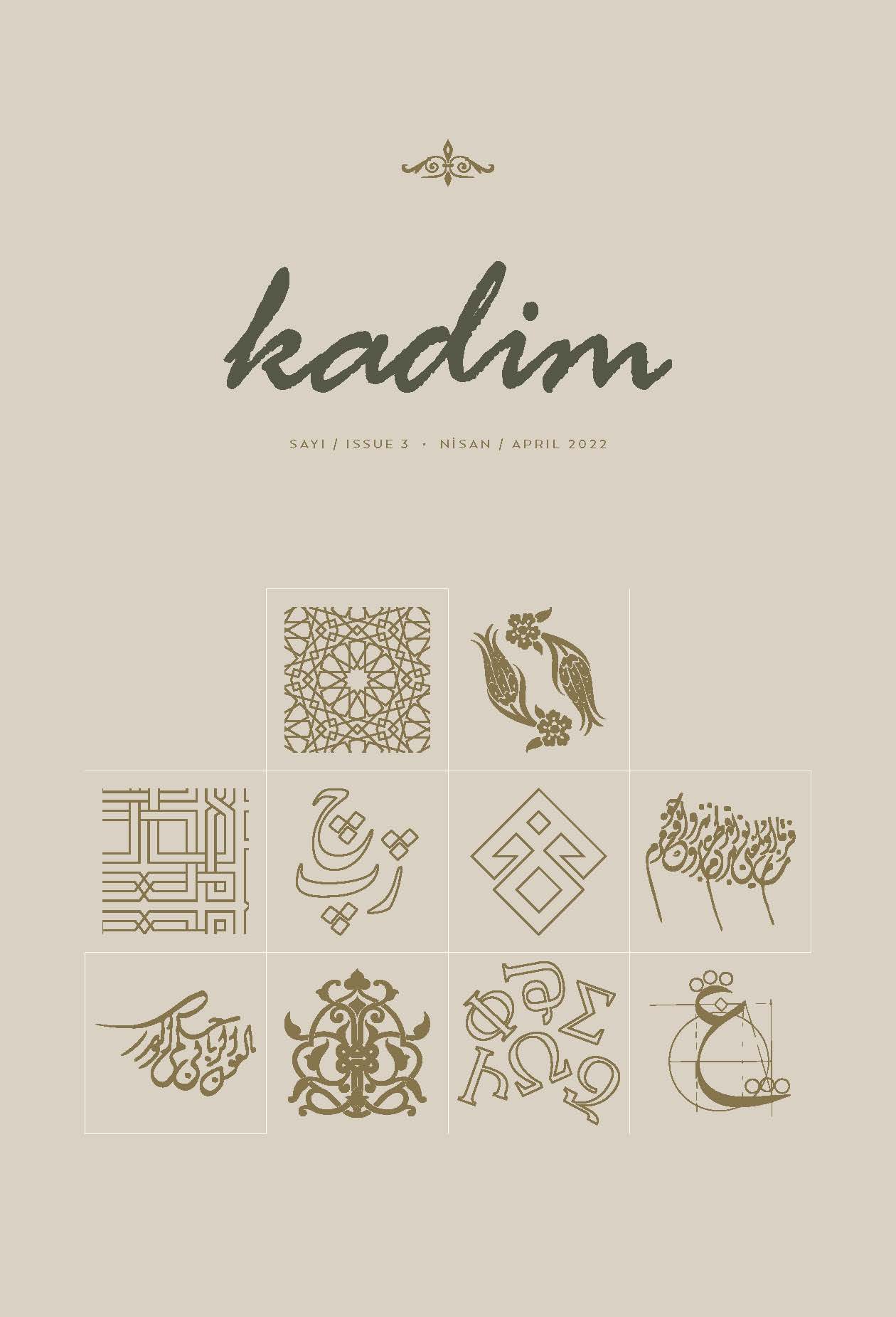Author(s): Florin Anghel / Language(s): English
Issue: XVIII/2021
The official cultural relations between Romania and Croatia in 1941- 1944 have developed having as starting point two political and ideological regimes which were totalitarian, anti-Semite, xenophobe, lacking any openness towards civic, social or cultural freedom (considering the terms in which the norms can be applied to a democratic society). The Croatian ideological exclusivism has hindered the development of abundant bilateral relations – including the cultural ones – with Romania. This is also the context in which, in the Balkans, Zagreb did not succeed in finding too many political, diplomatic and ideological projects common with Bulgaria. Tsar Boris III was rather insisting for closer economic, politic and cultural connections with Romania, while already from 1943 it was obvious the closeness between Bulgaria and Hungary. Coming from Bucharest, the ambiguous attitude in the foreign policy – especially after year 1942 the Romanian diplomats and officials have contacted the representatives of the Allies for a possible withdrawal from the Axis – did not help in reaching a conclusive and increased closeness to a political regime considered as a marionette and, consequently, with no future. Under these circumstances, the segregation of political, military and strategical interests from the propagandistic–cultural ones, even in the conditions of vital necessity of stopping and/or combating Hungarian lines of action in Central and South-Eastern Europe and in the capital cities of the Axis, has become practically impossible. Already the dissolution of the fascist regime in Italy and the transformation of Croatia into a German dominion, in the second half of year 1943, has marked the freezing of the bilateral Romanian-Croatian relations: in the spring of 1944 the rupture had become already predictable.The Croatian culture was confronted not only with the unmerciful linguistic obstacle (in the alliance of the Axis were predominating the speakers of Germanic and Romanic languages) yet also and especially with the precariousness of the means of expression, of strategies and means of action during the four years of existence of the Ustasha Croatian state. The official Propaganda, evenly disseminated by means of the few diplomatic missions abroad, has rapidly replaced the efforts of promoting the real cultural values. The selection of such has become a bureaucratic strategy often used as political weapon of response to the unfriendly actions of the neighbours. The public representing Romanian readers did not read translations from the Croatian literature during the Second World War, it could not enjoy the achievements in the art of this country, it has listened only seldom – and only to the radio – some specific musical rhythms and it did not succeed in buying from kiosks magazines or journals published in Zagreb. Excerpts of Ante Pavelić’s speeches, news taken over from the censure, of no importance, short documentaries of propaganda, some specific photographs ingeniously elaborated by the Ustasha propaganda, these represent all the information that Croatia has released in Romania throughout the three years of alliance. The same way, the dissemination of Romanian culture in Croatia took place also through the means of official channels of propaganda. The outbreak of the war against U.S.S.R. has determined the political leadership in Bucharest to decide the assimilation of propagandistic efforts with the cultural official changes.
More...
